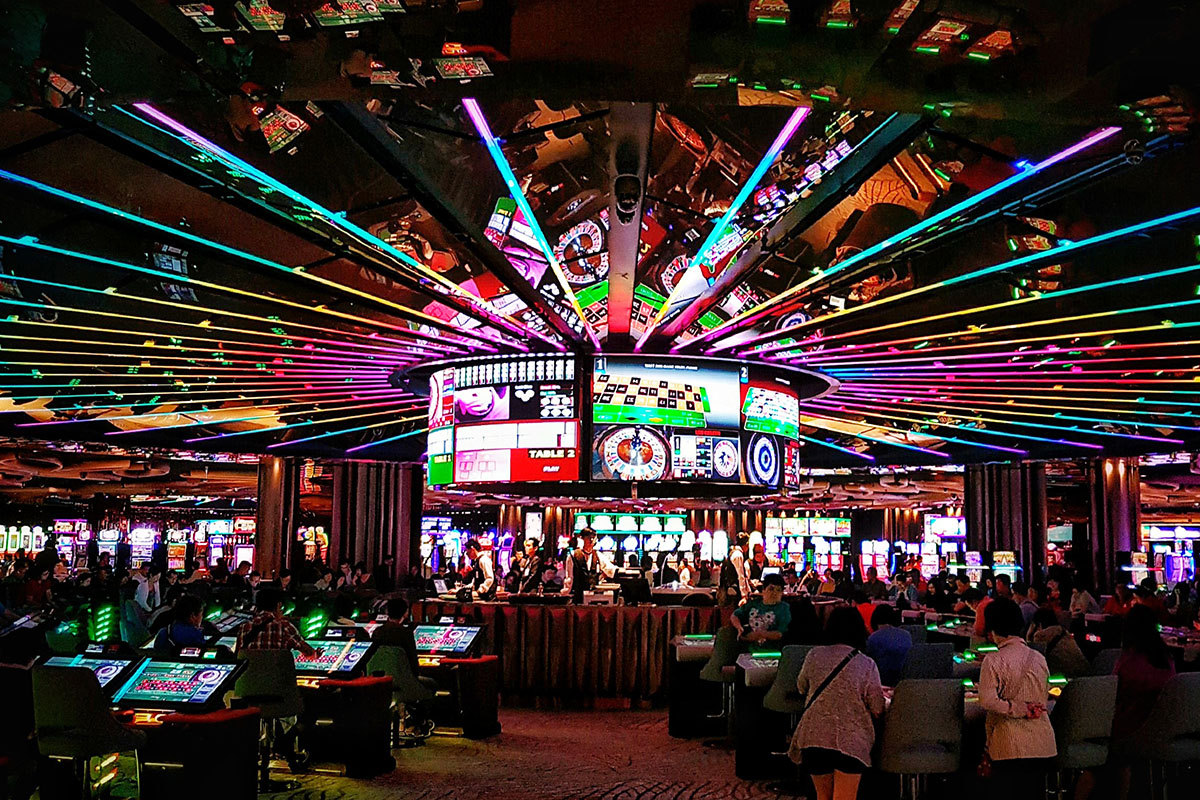
In the world of gambling, where chance and strategy intersect, a unique tapestry of beliefs unfolds—one that intertwines luck, fate, and the enigmatic nature of casino games. Casinos, bustling with excitement and anticipation, are not just venues for placing bets; they are also arenas where superstitions thrive. From the novice player to the seasoned gambler, these mysterious practices often shape how individuals approach the games they play, believing that their actions can influence the outcome in ways that go beyond mere probability.
As players gather around roulette wheels, blackjack tables, and slot machines, the atmosphere is thick with stories of lucky charms, rituals, and codified behavior that defy logic yet provide a sense of comfort. Whether it’s wearing a specific outfit, following a particular sequence of bets, or even avoiding certain numbers, the attachment to various superstitions reflects a deep-rooted desire to manipulate the uncontrollable. This article delves into the captivating world of casino game superstitions, investigating the beliefs that simultaneously entertain and mystify those who dare to play.
Historical Origins of Superstitions
Casino activities have long been interwoven with an array of superstitions that go back to early civilizations. The beginnings of these beliefs can be associated to humanity’s fundamental need to control the random outcomes associated with luck and uncertainty. In primitive civilizations, games of chance were often linked to religious practices. Gamblers would invoke favor or ask for favor from deities, believing that their actions could affect the results in their benefit. This foundation laid the foundation for the multitude of superstitions that proliferated as casino games evolved over time.
During the medieval age, betting became a widespread hobby across Europe, and with it, a diverse tapestry of superstitions emerged. Participants adopted various rituals and charms, believing they could change the consequences of games. The importance of digits, in particular, started to manifest in superstitions around card games and dice. The number seven was often considered auspicious, while other numbers carried unfortunate connotations. non GamStop slots These notions mirrored the cultural contexts of the time, changing as they transferred through generations and adapted to different gaming environments.
As gambling houses appeared in the 1600s, particularly in the Italian peninsula and France, the atmosphere surrounding betting became steeped in enigma. The growing availability of gambling activities allowed for the spread and growth of superstitions among players. Concepts like charmed charms, designated seating positions, and rituals gained importance, creating a distinct culture within betting houses. As these practices continued to thrive, they became integral to the character of casino games, illustrating how historical developments and society shape the notions that influence how players engage with chance.
Widespread Casino Superstitions
Beliefs surrounding casino activities are plentiful and varied, mirroring the hopes and fears of players as they engage in chance-based games. One of the most common beliefs is that specific digits bring fortune or misfortune. For example, the number seven is often seen as a favorable digit, frequently embraced by players looking for a favorable outcome. Conversely, the number 13 is routinely considered unlucky, leading many players to steer clear of it during their gaming periods.
A common belief relates to practices that players believe can affect their odds. It could be blowing gently on the dice before a throw, using a specific hand to place a wager, or even putting on particular items of attire, many people feel that these rituals can sway luck in their favor. These rituals offer a feeling of control in an otherwise random environment, strengthening the idea that fortune can be created through personal convictions and customs.
Lastly, the ambiance and vibe of the casino itself adds to myths. Many players suggest that the presence of specific icons, such as four-leaf clovers or lucky coins, can enhance their odds of winning. Additionally, players might adhere to the notion that winning streaks can be halted by mundane occurrences, such as someone walking past or a spill at the table. The collective environment in a gambling house can amplify these superstitions, creating a shared culture of superstitions that goes beyond individual encounters.
Impact of Superstitions on Players
Beliefs play a significant role in the psychology of casino players, often affecting their actions and decision-making. Numerous gamblers think that fortune can be manipulated through different rituals, such as donning a talisman, selecting specific colors, or steering clear of particular digits. This reliance on superstitions can create a sense of authority in an environment that is intrinsically unpredictable. Players often feel more confident and involved when they feel that their actions could sway the result of a game in their advantage.
The influence of these superstitions extends beyond individual players, affecting the general atmosphere within the casino. For example, a player who holds the belief in the luck of a certain slot machine might draw a crowd, as others are intrigued by their apparent success. This shared belief can heighten excitement and create a lively environment, leading to an captivating experience even for those who may not necessarily be believers themselves. The excitement around specific games can lead to increased participation and longer playing sessions, supporting the casino’s lively social scene.
In some cases, superstitions can lead to negative effects for players. Relying too heavily on rituals can result in bad gambling decisions, as some may ignore basic strategies in favor of unfounded beliefs. Additionally, the stress to perform rituals may heighten anxiety and tension, detracting from the pleasure of the experience. Ultimately, while superstitions can enhance the excitement of playing casino games, they can also lead to unwise choices that overshadow the fun and amusement intended in the casino experience.